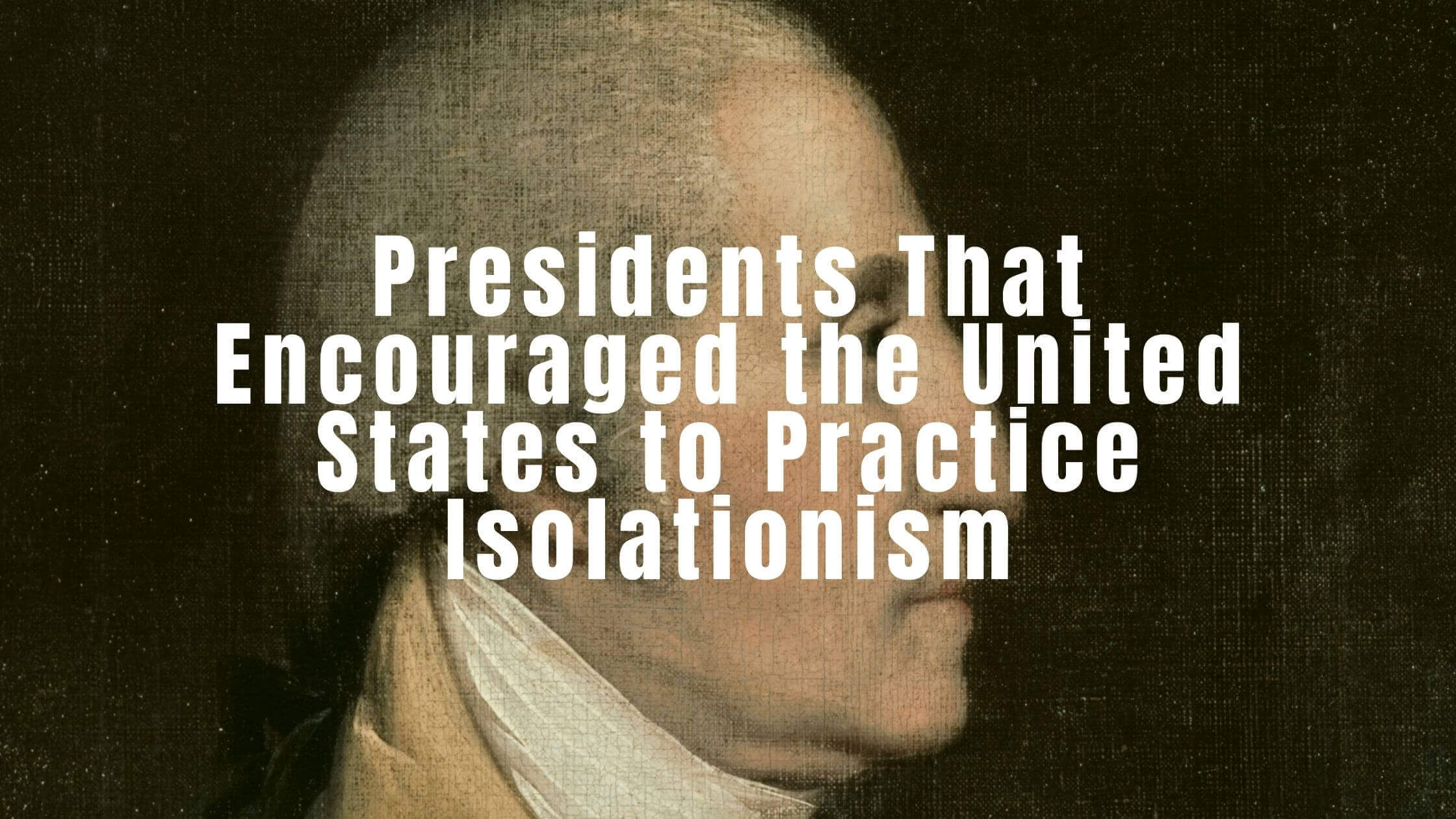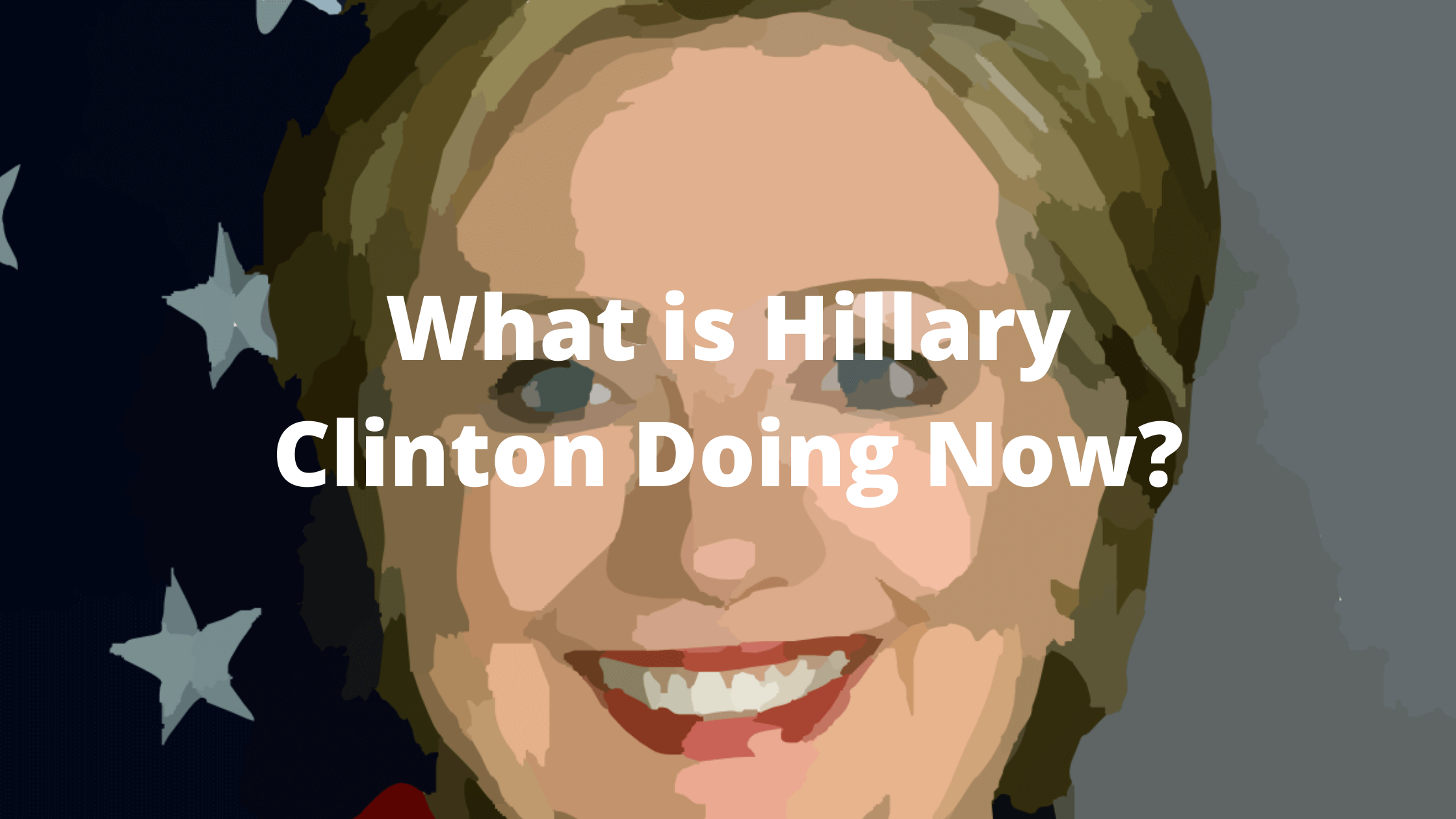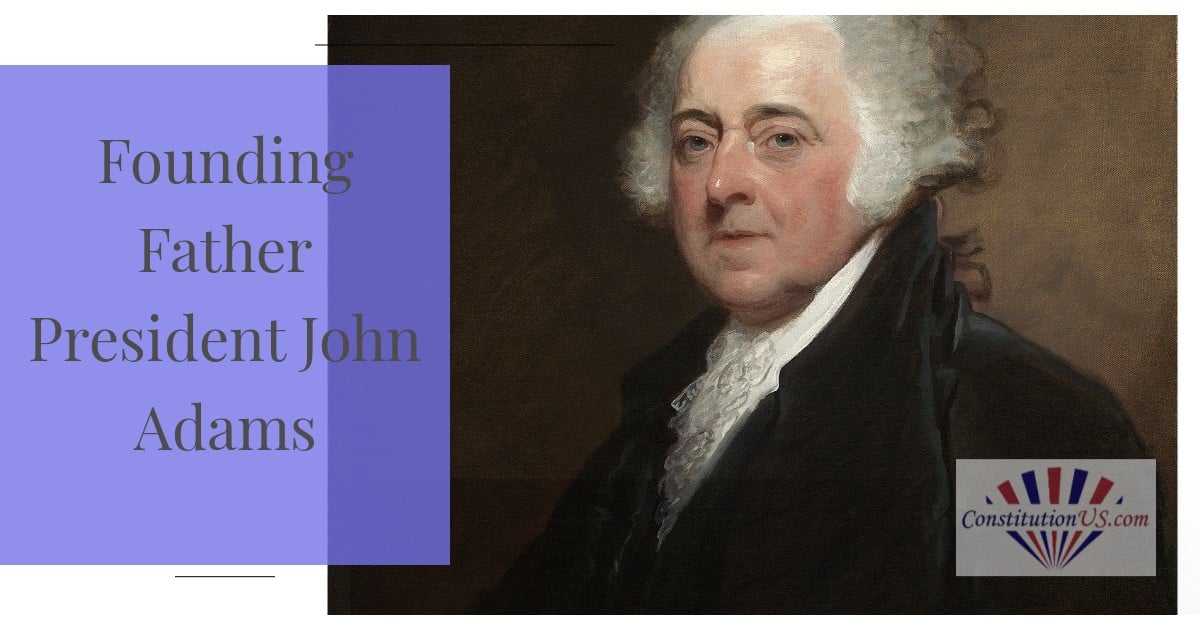Table of Contents
ToggleWhat is Isolationism?
Isolationism refers to a government policy of not engaging in the affairs of other nations. The policy of isolationism, whether officially acknowledged by a government or not, is characterized by a refusal or reluctance to enter into alliances, treaties, trade commitments, and other international agreements.
Individuals who advocate for isolationism are usually referred to as ‘Isolationists’, and they believe that it allows the nation to devote all of its efforts and resources to advancement. Isolationism is possible by avoiding binding commitments and maintaining peace with other countries. Here are several U.S. presidents who promoted isolationism.
George Washington
When President George Washington ascended to power, the United States adopted a policy of isolationism and neutrality in the internal affairs of other nations. Political leaders in the United States argued that if the country avoided free trade and humanitarian emergencies, it would avert permanent alliances.
President Washington’s farewell address emphasized non-involvement in Asian and European politics and wars. For a better part of the 19th century, the expanse of the Pacific Ocean and Atlantic Ocean made it easy for Americans to avoid world conflicts and enjoy free security.
President Woodrow Wilson
In 1914, when World War I began, the United States maintained a stance of neutrality. President Woodrow Wilson encouraged the entire nation to avoid ideologically engaging in conflict. Americans were eager to avoid World War I, allowing Wilson to win a second term as president in 1916.
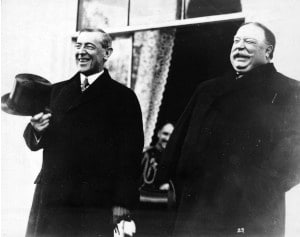
When Woodrow Wilson was re-elected, he was very keen on staying out of the war. However, there was considerable advocacy for preparedness within the American government. This was due to events highlighting rising German international aggression, including the sinking of a British ocean liner by a German submarine.
Seeds of Isolationism
After watching German aggression for several years, President Wilson, a political analyst, began to shift his foreign policy. He requested Congress to participate in the war to promote global democracy after realizing that the devastating war in Europe was about to spill over to the Atlantic Ocean.
There was a massive loss of lives during this war that wasn’t possible to ignore. It awakened the United States to take up leadership roles to promote and maintain every nation’s freedom, self-determination, and sovereignty. Wilson started uttering public statements that described war as a means of righting wrongs among nations.
In the 1930s, after World War I, the memory of tragic losses and the Great Depression pushed United States public policy and opinion towards isolationism. The isolationists played a significant role in promoting non-involvement in Asian and European conflicts and non-engagement in international politics.
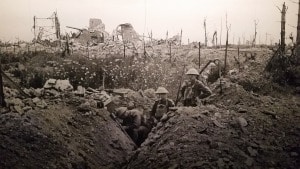
Economic Justification for Isolationism
During President Woodrow Wilson’s term, the U.S. temporarily loosened its isolation policy to defend democracy globally. The United States intervened in a world war to shape the nation’s status as a proclaimed defender of democracy and freedom across the world. He radically altered the foreign policy of the United States.
However, after World War I, the United States experienced tremendous effects, detaching from global affairs and enacting isolationist policies. Isolationism assisted in fostering internal development and growth.
At the same time, Americans at home experienced a fragile and slow recovery from the Great Recession. The economist compared the Recession to the Great Depression of 1929. As America suffered from a failing economy at home and war abroad, it ended up in a situation that justified isolationism similar to the late 1940s.

Get Smarter on US News, History, and the Constitution
Join the thousands of fellow patriots who rely on our 5-minute newsletter to stay informed on the key events and trends that shaped our nation's past and continue to shape its present.
Rebirth of Isolationism
Despite terrorist attacks on 11th September 2001, spawning the spirit of nationalism observed in America since World War II, the War on Terror might have led to the rebirth of American isolationism. In Iraq and Afghanistan, wars resulted in the death of thousands of Americans.

With the threat of the Syrian war looming, many American citizens, including policymakers, were against the decision of U.S. involvement.
President Donald Trump Supports Rebirth of Isolationist Ideology
After winning the presidential elections in 2016, Donald Trump expressed his isolationist ideology “America First” during his first speech. President Trump stated that the United States wouldn’t observe global currency, global anthem, and there would be no certificates of global citizenship.
“We pledge the allegiance to a single flag, which is America. From this time, it will be America first,” Trump said.
